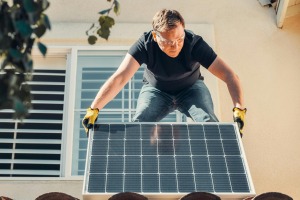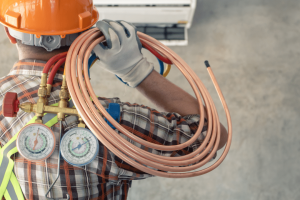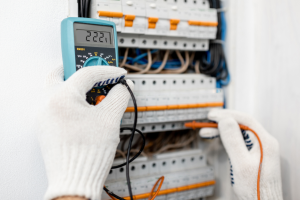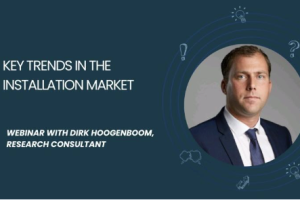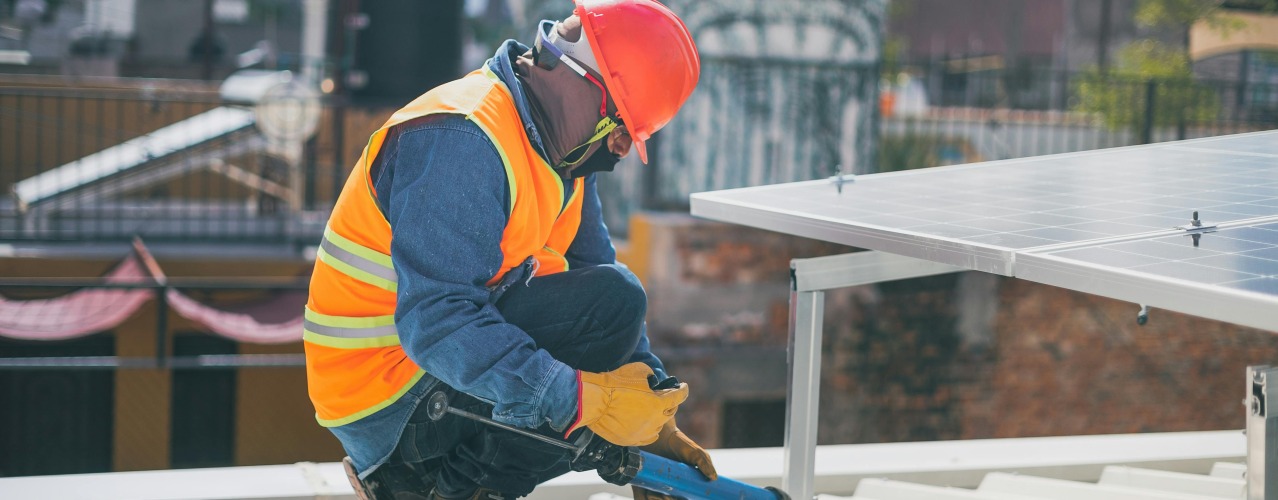

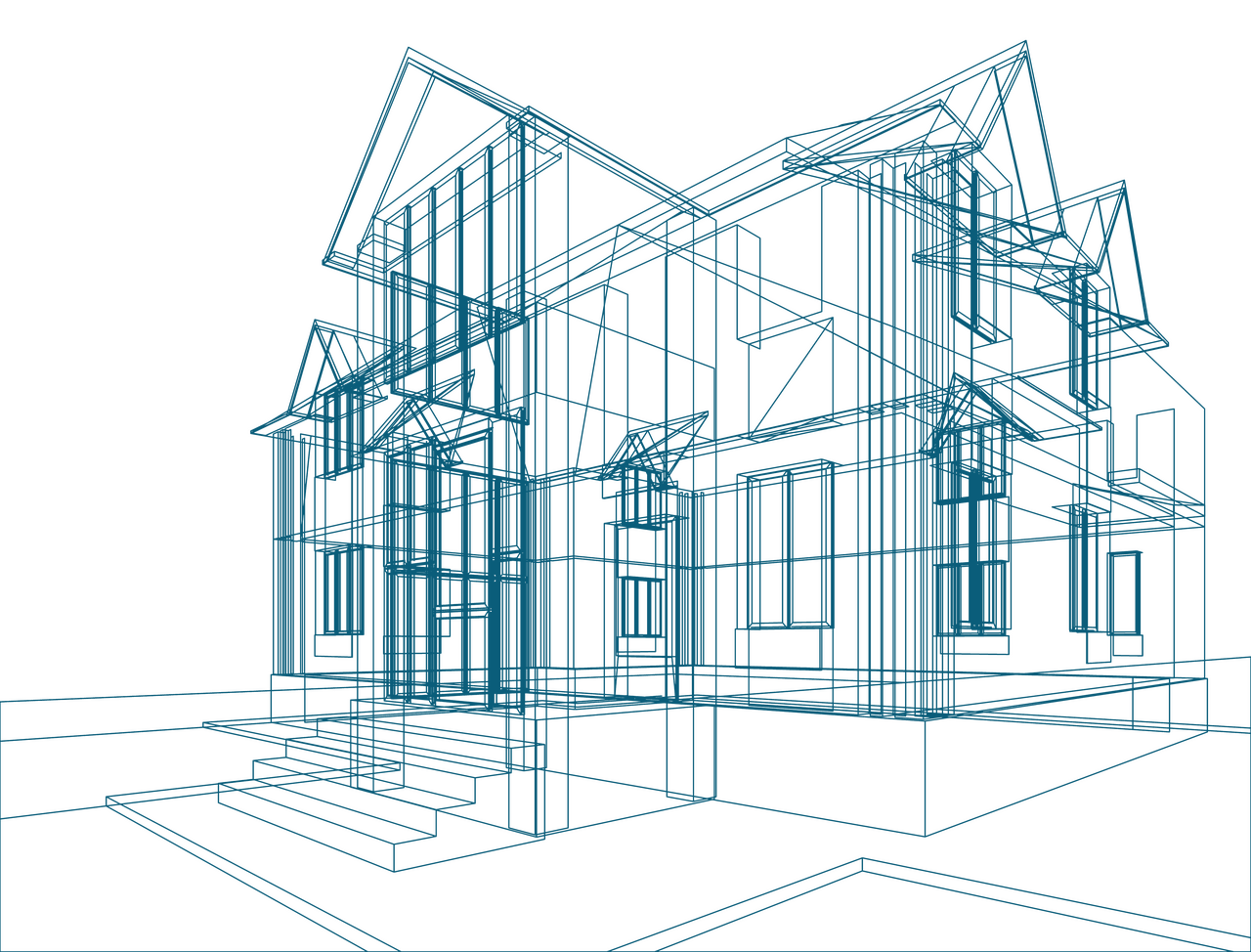
Market report
Services in installation industry
Find market reports on European mechanical installation monitors at USP Research. Stay updated on HVAC industry trends, insights, and data to make informed decisions.
Blogs I published 09 October 2024 I Dirk Hoogenboom
Most Required Services in the Installation Industry
Imagine being halfway through an installation job, everything going smoothly, and then – you hit a roadblock: a part that didn’t arrive on time, a system acting up with no clear fix or a last-minute client request for a tech upgrade you’re not fully familiar with. These kinds of challenges are all too common in the installation industry, and they can turn a good day into a stressful one pretty fast.
For many installers, the job today is much more complex than it used to be. With advanced products like heat pumps, smart home systems and high-efficiency boilers becoming the norm, there’s a lot more to juggle. Add to that the pressure of tight deadlines, increasing customer expectations and the ongoing labor shortage, one thing becomes clear: installers need more than just good products. They need services and support that make their work easier, faster and less stressful.
That’s why, today, we’re covering services that installers are relying on, how they can help tackle the day-to-day in the installation world, and their future prospects.
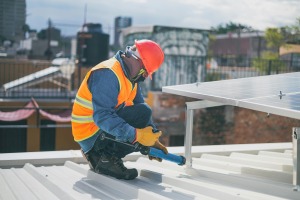

Pressures in the Installation Industry
The installation industry is at a crossroads. On one hand, we see an incoming wave of new technology, while the industry grapples with a growing shortage of skilled labor. Working better, faster and cheaper sounds great, but with installers set in their ways, bridging the gap could prove challenging.
Let’s take a closer look at the hurdles and shifts taking place to overcome them.
Labor Shortage
There’s no denying that labor shortages are one of the most significant hurdles in the installation industry today. A bird’s eye view of Europe shows clearly that the pressure on labor is significant: Spain faces a 66% deficit, Poland 62%, Netherlands 61%, the UK 56% and Belgium 55%. The numbers aren’t looking great for the rest either, as most countries face a near 50% benchmark, meaning skilled workers are acutely missing. The older, more experienced workforce is retiring and companies are left scrambling to fill the gap with inexperienced workers.
The number one solution? For 43% of installers, it’s hiring non-qualified staff and training or educating them.
Technology Ramping Up
More sophisticated tech is coming into the industry. Newly built homes are packed with heat pumps, smart home controls, even battery storage, and professionals are leaning towards tools like BIM. With this shift, the work isn’t touch-and-go anymore; it’s becoming more complex. Installers are now expected to understand how all these systems work together, troubleshoot problems on the spot and keep pace with new technologies as they roll out. But this is easier said than done – that’s why training and education will become critical in the coming period.
Traditional Industry in Changing Times
We’ll go over the services installers need most in detail, but for now suffice it to say that we also see a relatively conservative European barometer – many countries (say Spain, Belgium, Poland or Germany) still show an overwhelming interest products, namely spare parts. France and The Netherlands are looking at tools or apps for checking product availability at wholesalers, while the UK is opting for real-time installation support (a more progressive need vis-à-vis overall industry trends).
The Outlook and Forecast
Installers are starting to focus on hiring and educating inexperienced staff, and this creates a window of opportunity for manufacturers and wholesalers to step in with solutions. So, how exactly is the industry addressing these challenges, what strategies are being implemented to stay ahead of the curve and what are the most sought-after services? Let’s find out.
Manufacturers a Go-To Partner
Manufacturers are increasingly becoming more than just product providers – they’re evolving into service partners. Offering tailored services that support installers at every step of the process, from generating sales leads to providing real-time support, could make all the difference. Take boilers, for example. Some manufacturers are already providing sales leads to installers, ensuring they can focus solely on installation rather than marketing or customer acquisition. Training initiatives are crucial as well. As the industry moves toward smarter tech, the faster installers get up to speed, the better they’ll perform in the field. Manufacturers can step in with specialized training programs, allowing installers to spend more time installing and less time trying to figure out how new technologies work.
Customer Intimacy
One of the most effective strategies in a shifting industry is customer intimacy, deepening the relationship between manufacturers, wholesalers and installers. In the past, once an installer purchased a product like a boiler, the relationship would often end there. Now, there is potential for more ongoing interaction. If manufacturers and wholesalers provide guidance and support throughout the installation process, they can maintain stronger relationships that build trust and loyalty. Wholesalers also have a role to play in fostering customer intimacy. Traditionally, they’ve operated as a banker – offering options like buy-now-pay-later – a logistical partner – ensuring products arrive on time and at the right location – or an insight hub. But now, they have a golden opportunity to provide even more. Wholesalers can offer services like prefab, BIM or digitalization support, allowing installers to focus on their core task without being bogged down by administrative or design tasks.
Wholesale Opportunities: Evolving with the Market
The rise of e-commerce and online ordering is changing the way wholesalers operate. While traditional wholesale services like financing and delivery are still crucial, there’s room for more. Wholesalers can differentiate themselves by offering advanced, value-added services. For instance, as more products become digitized, wholesalers can provide real-time installation support via apps and tools. This not only helps installers troubleshoot issues on the spot but also enhances productivity by reducing downtime. Some wholesalers are already exploring ways to offer these services, recognizing that as the market becomes more complex, the demand for such support will increase.
Preferred Services
In today’s market, the right services can make a world of difference for installers. We’ve already covered that many are finding great value in tools/apps that help them check product availability – especially in the Netherlands (7.3) and France (6.7) – to streamline the work. The demand for spare parts express services is huge, particularly in Poland, while real-time installation support is becoming a game changer, with a solid rating of 7.1 in the UK, allowing teams to tackle on-site issues quickly and effectively.
As projects grew more complex, an appetite for engineering services like digital tools for technical calculations rose – from 5.8 in 2020 to 6.3 in 2022, particularly in Spain. Following closely are digitals tools for calculating energy savings (5.6 as of 2022) – peaking in Belgium – digital tools for deciding on which products to use and BIM support.
When it comes to repair and maintenance, spare parts express services remain a favorite, especially in Spain. Installers are consistently valuing notifications before breakdowns, with ratings slightly rising from 6.1 to 6.2. Remote troubleshooting is also gaining traction, along with remote controlling and monitoring showing a similar and steady increase – 5.8 to 6.0 and 5.6 to 5.8 respectively.
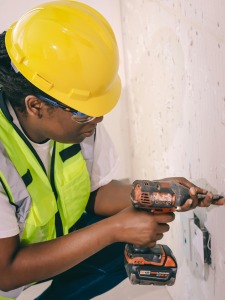

Conclusion: A Golden Opportunity
As the electrical installation market faces increasing pressures, the demand for a wide range of services grows. Installers and contractors are realizing just how vital effective support services are to their success, and this is a fantastic opportunity for manufacturers and wholesalers to step up and offer them up. By providing quick access to spare parts, remote troubleshooting or helpful maintenance notifications, manufacturers can become trusted partners for installers.
Installation Consulting Services for You
We provide tailor-made market research and off-the-shelf reports, both B2B & B2C, qualitative and quantitative. Here are some you might be interested in
Monitor and improve client relationships to drive loyalty and repeat business in construction.
Map out key interactions and pain points to refine the overall construction experience.
Identify the aspects of service or product that most impact satisfaction in construction projects.

Read more

Fresh Insights Await
Our relevant reports
Delve into the newest findings across various market segments, crafted for a cutting-edge overview. Explore our insightful reports, brimming with up-to-date data, trend analyses, and in-depth examinations, all tailored to provide you with a comprehensive understanding of the current market dynamics.
Construction
Home Improvement
Installation
Special reports










